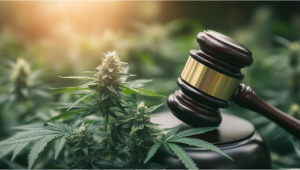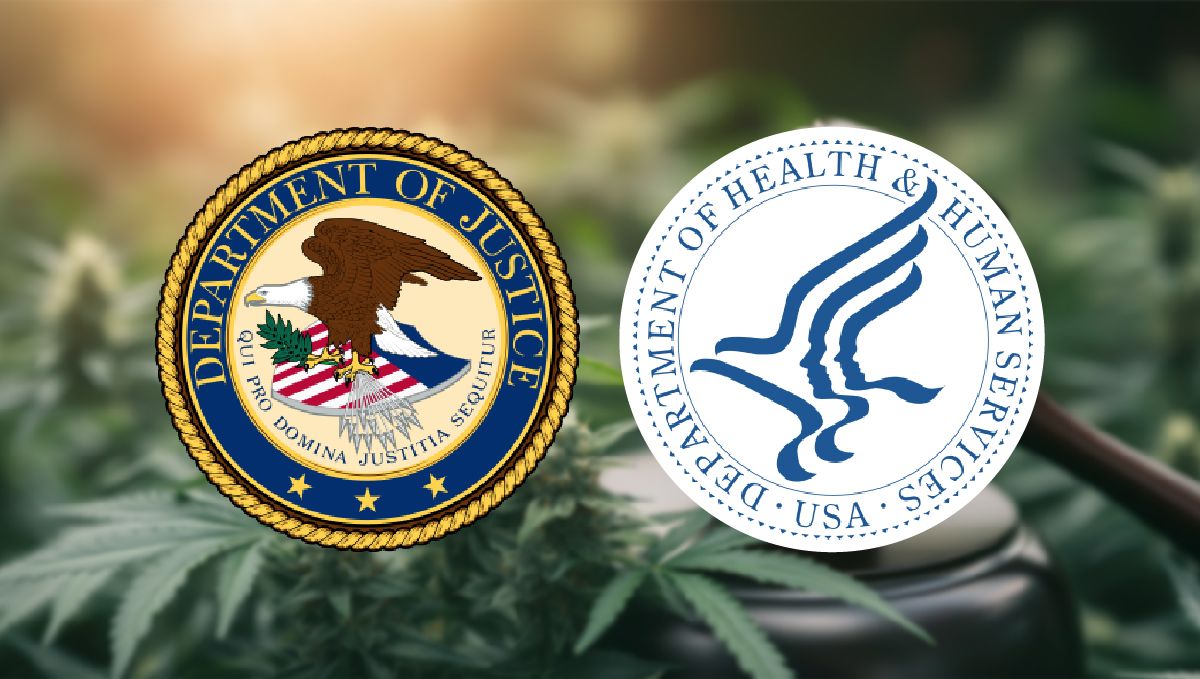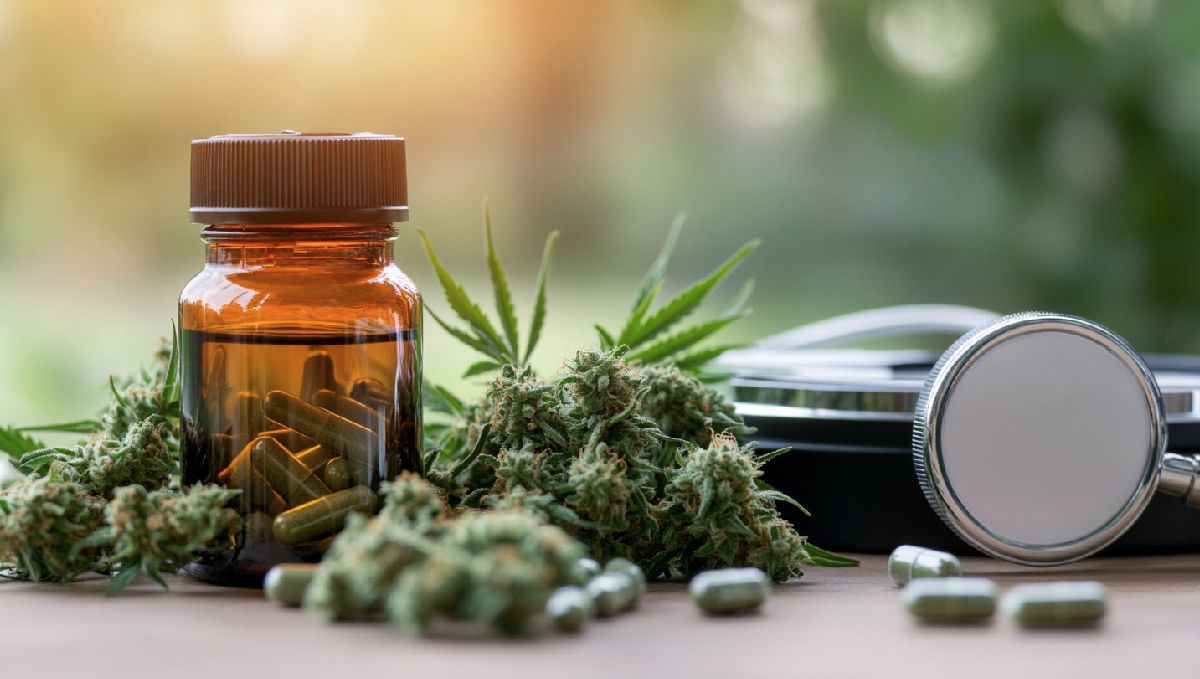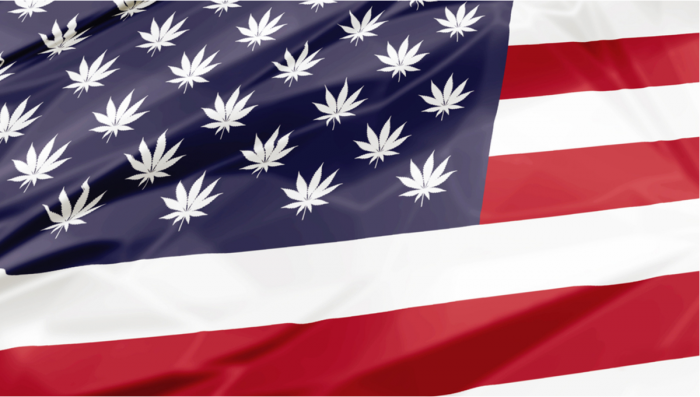Marijuana Rescheduling: Is the US on the Brink of Legalizing Medical Cannabis?

- 1. What is marijuana rescheduling?
- 2. What are the criteria for scheduling a drug?
- 3. What’s the difference between schedule i and schedule iii?
- 4. The process and timeline of marijuana rescheduling
- 5. What will the consequences of marijuana rescheduling be?
- 6. Will marijuana rescheduling infringe on the international treaties?
- 7. Is the current initiative the first attempt at marijuana rescheduling?
- 8. Final thoughts
Although medical marijuana has been legalized in 38 states already and the overwhelming majority of Americans can legally enjoy the healing power of cannabis if they suffer from an eligible condition, marijuana rescheduling on the national level remains an elusive dream. Some recent developments, however, have given hope to cannabis activists, as the Department of Justice has come up with a marijuana rescheduling plan and the Department of Health and Human Services has given it a stamp of approval.
What is Marijuana Rescheduling?
All controlled substances are classified in the Controlled Substances Act according to their perceived risks and potential medicinal value. The substances are divided into lists (schedules), and right now, marijuana is placed into the most restrictive Schedule I of the Act along with heroin, LSD, and “ecstasy”. Even such potentially dangerous drugs as cocaine and methamphetamine are controlled less strictly, as they have been placed into Schedule II.
Marijuana rescheduling refers to the legal process of changing its status from Schedule I to some less restrictive category. The current DOJ’s proposal seeks to place cannabis into Schedule III.
What are the Criteria for Scheduling a Drug?
When making a decision of whether a substance should be controlled, the US Attorney General requires, among other things, answers to the following questions:
- the drug's potential for abuse, the history and current patterns of abuse,
- the potential physical and physiological dependence it may lead too,
- potential public health risks,
- available scientific evidence, including those about the drug’s pharmacological effects.
The same rules apply when making a decision about marijuana rescheduling.
What’s the Difference Between Schedule I and Schedule III?
The most restrictive Schedule I lists the drugs that have the highest potential of abuse and no acceptable medical uses. In short, they are considered the most dangerous drugs that are worthless as a medicine. This is a controversial subject as even heroin is used medicinally (e.g. in the UK) and both LSD and MDMA (ecstasy) have been studied for psychotherapy. The placement of cannabis into Schedule I is at odds with the fact that more and more states and countries allow the therapeutic use of the substance, and the body of evidence showing its efficacy is growing.
If (or when) marijuana rescheduling happens, it will be moved into Schedule III – a far less restrictive category reserved for substances with a moderate to low potential for physical and psychological dependence. As of now, it includes a number of stimulants, depressants (ketamine and others), some narcotics, such as codeine preparations in moderate concentrations, and anabolic steroids.

The Process and Timeline of Marijuana Rescheduling
It’s the office of Attorney General that finalizes a decision to reschedule a drug. For this purpose, they request a scientific opinion from HHS, who should demonstrate the potential medical uses of the substance as well as its risks, such as the potential for abuse.
In August 2023, HHS recommended cannabis rescheduling on the grounds of its lower risks of dependence as previously believed and the availability of scientific data showing that marijuana has legitimate medical uses.
According to the law, rescheduling can take place after interested parties have expressed their opinions on the subject in the context of a public hearing. For that purpose, The Department of Justice gave the public till July 22, 2024 to provide comments.
Now, the next stage begins when the Attorney General considers the evidence and makes a decision.
What Will the Consequences of Marijuana Rescheduling Be?
The results of marijuana rescheduling will probably be more symbolic than practical, as it will mean another recognition of the therapeutic value of cannabis, but all restrictions on its sale, possession, and use for non-medical purposes will remain in place.
However, it will certainly remove many hurdles that researchers currently face when they apply for a permit to study health benefits of the substance. It could give a boost to the research focusing on the ability of cannabis to actually help cure diseases and not just alleviate their symptoms.
However, experts don’t predict a wave of FDA approvals for cannabis-based medicines. The Food and Drug Administration is very reluctant when it comes to approving plant-based pharmaceuticals. So far, only one drug (Epidiolex) was approved for the treatment of epilepsy, and it was a long and painful process, although the drug is based on non-psychoactive CBD.
Theoretically, marijuana rescheduling would allow the approval of THC-based drugs too, but FDA has many considerations other than mere legality. In particular, they require that the production process of a pharmaceutical is highly standardized and eliminates impurities. That is the main reason FDA approves so few plant-based medicines, and marijuana rescheduling won’t change that.

Will Marijuana Rescheduling Infringe on the International Treaties?
No. The US is a signee of the 1961 UN Single Convention on Narcotic Drugs, and this document prohibits the recreational legalization of cannabis. However, it allows medicinal use of controlled substances, so if the US chooses to put cannabis into a less restrictive category, effectively legalizing its medical use, it won’t be against international laws.
Is the Current Initiative the First Attempt at Marijuana Rescheduling?
No, petitioners in the United States have attempted several times to have marijuana rescheduled. The first attempt happened only two years after the substance was put into Schedule I – in 1972. However, all petitions have been unsuccessful so far. The last hearings on marijuana rescheduling happened in 2016 – when the DEA followed the advice of the Department of Health and Human Services to NOT proceed with marijuana rescheduling.
At that time, HHS decided that marijuana met both criteria to be scheduled alongside heroin – a high potential for abuse and no currently accepted medical uses. Since that, the organization has reversed its stance.
Final Thoughts
Marijuana rescheduling won’t legalize the substance federally but will permit its medical use across the nation and not just in those states that have already passed medical marijuana laws. The initiatives to change the legal status of cannabis were proposed before, but the last one marks the first time when HHS has no objections and even endorses the reform.That means that this time marijuana rescheduling has all the chances to materialize.












Comments